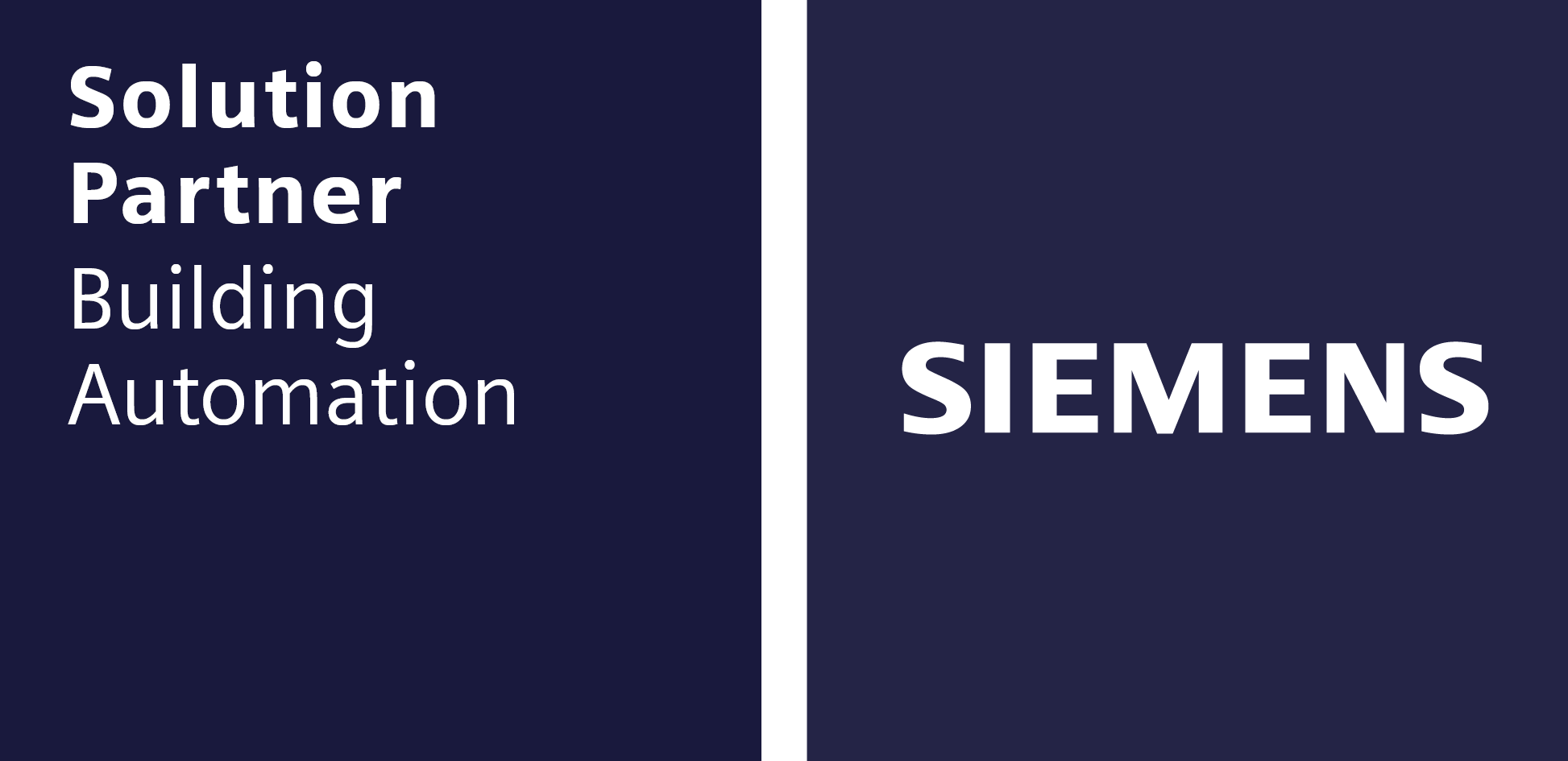The key to green and COVID efficiency
- ControlWorks featured in the Australian Financial Review
-
View our article below
Intelligent buildings are paving the way for staff to safely return to the office in the new normal – improving air quality to meet the challenges of COVID, while reducing energy bills to improve both the bottom line and the business' green credentials.
Commercial buildings account for 39 per cent of global greenhouse gas emissions, according to the World Economic Forum. A quarter of this is due to operational emissions caused by heating, cooling and lighting. Reducing these emissions is critical to achieving the Paris climate goals and net-zero emissions by 2050.
Despite this, only three per cent of investment in new construction is green and efficient, locking in high emissions for decades. Meanwhile, the renovation rate for existing buildings is barely one per cent.
Intelligent building technology is the key to tackling sustainability, for both new and existing buildings. Digitalisation is a critical enabler of building energy efficiency. It also helps address demand elasticity – with office headcount varying while businesses embrace the hybrid workplace to address the long-term challenges of the COVID-19 pandemic.
Intelligent buildings take advantage of innovative sensing and controls, systems integration, data analytics and energy optimisation to dynamically reduce energy use, while improving occupant health, productivity and comfort. Extended benefits include increased building reliability, flexibility in application and remote management.
When it comes to combatting greenhouse gas emissions, basic building automation systems can reduce energy usage in commercial buildings by 10 to 15 per cent. More advanced functionality, such as demand-control ventilation, can save an additional 5 to 10 per cent.
On top of this, integrating building systems can yield incremental energy savings of 8 to 18 per cent over basic HVAC (heating, ventilation and air conditioning) and lighting control.
Energy Information Management Systems, which use advanced metering infrastructure, save three per cent on average. Automated fault detection and diagnostics can save an extra nine per cent on average.
Traditionally, these innovative intelligent building environments have focused on curbing energy use, by automating temperature monitoring, lighting and other amenities.
With most buildings still operating at less than optimal occupancy due to the pandemic, it presents the opportunity to promote the use of cloud-based, remote building management systems (BMS) for commercial buildings. This approach allows remote monitoring and operation and unattended site management of temperatures, resulting in a leaner operation.
Efforts to modify building airflow to reduce the risks of COVID-19 infections, without taking a holistic approach to intelligent building management, risks significantly harming a building's energy costs and sustainability credentials, says Laurie Reeves – Managing Director, Victoria with building management systems integrator ControlWorks.
ControlWorks have been providing Australian and New Zealand businesses with BMS Solutions since 2003, An Australian start-up success ControlWorks designs, engineers, commissions, installs and maintains building management systems based on open and interoperable communication protocols.
Changing building airflow and pressure often requires bringing in more outside air. Done poorly, this can drive up energy usage and undermine a building's sustainability rating, which is frequently a key factor when attracting and retaining high-profile tenants.
"You can't just crack a window to create a COVID-friendly office environment," Reeves says.
"Not only do you need to consider the science of airflow, you also need to consider the economics of building management – if it's not done intelligently you could be driving up your energy costs and driving down your sustainability rating, all without actually solving the COVID challenges."
The future of intelligent building management – addressing COVID and other issues – will revolve around less dependence on human intervention to implement repetitive tasks, as automation continues to take over routine activities.
The use of IoT, machine learning and AI-driven digital control platforms will allow building owners and managers to access and provide a real-time, system-wide view of building operations. These technologies will unlock exceptional levels of efficiency while reducing long-term operational costs.
Intelligent building management also assists building owners and managers at the portfolio level, to undertake remote work-order management, monitor crucial alarms and trigger routine maintenance notifications while maintaining a high quality of occupant experience.
The actionable insights generated by intelligent building management not only address immediate challenges, they also deliver true long-term value, says Greg Rouse – ControlWorks General Manager, Sales.
Just like any other aspect of operations, businesses require visibility into the status of their buildings in order to manage them efficiently and maximise the value they deliver to the business, Rouse says.
"Considering this, it's clear that intelligent building initiatives shouldn't just be driven at the IT or maintenance level, it actually becomes a board-level issue," he says.
"Intelligent buildings are enablers for putting strategies into place which maintain workplace safety, manage costs and protect the business' valuable reputation around sustainability."
To view the article online - click here








